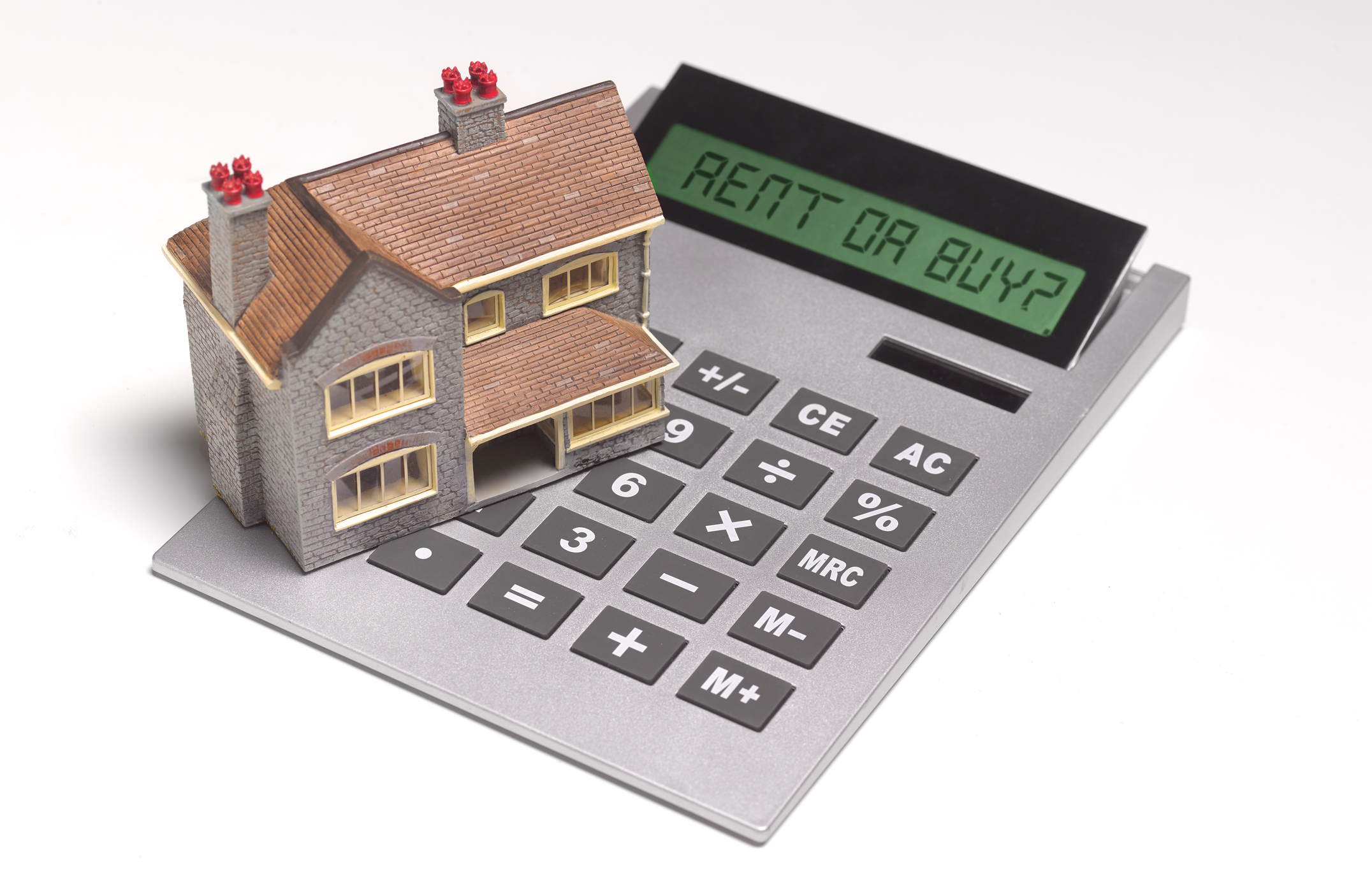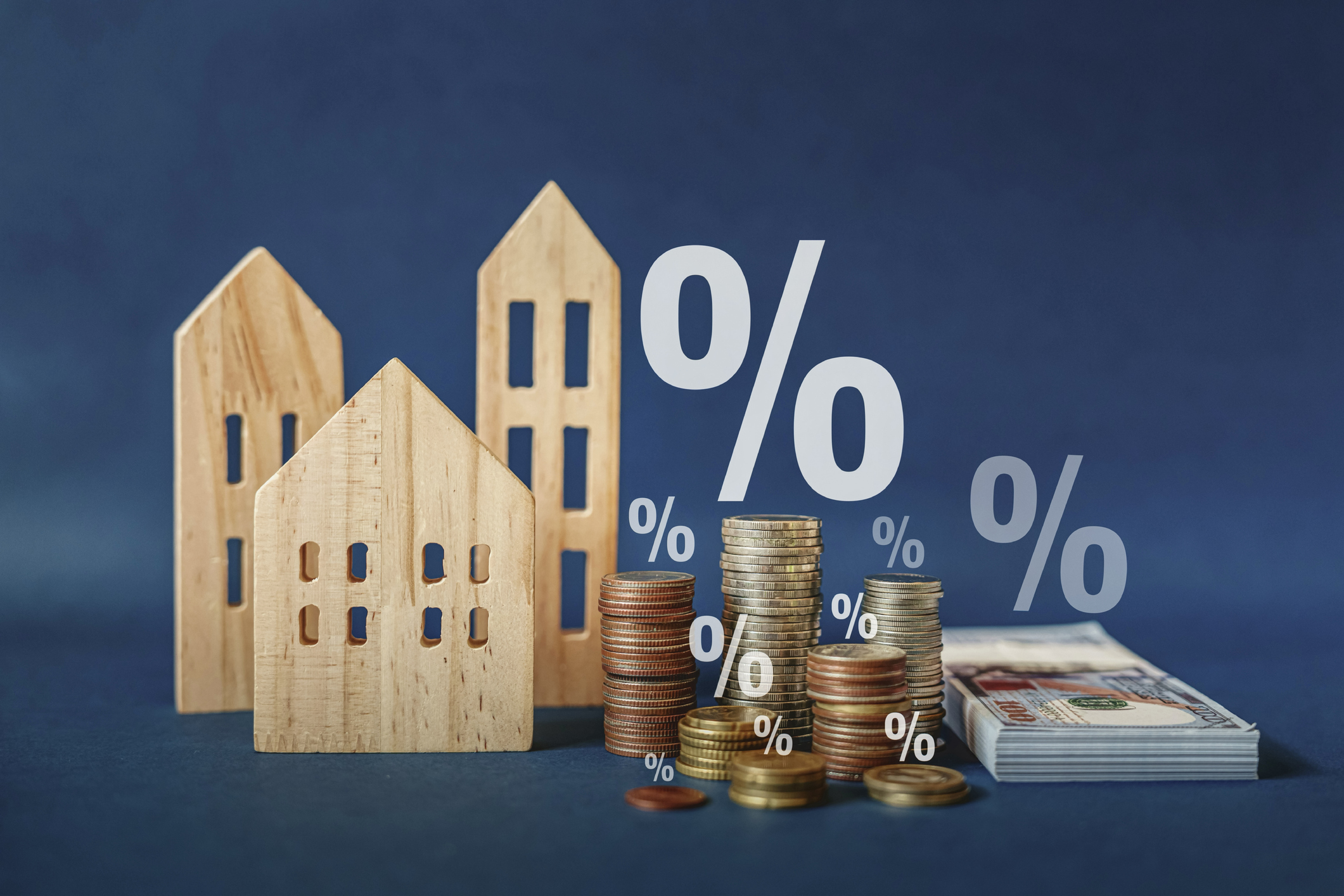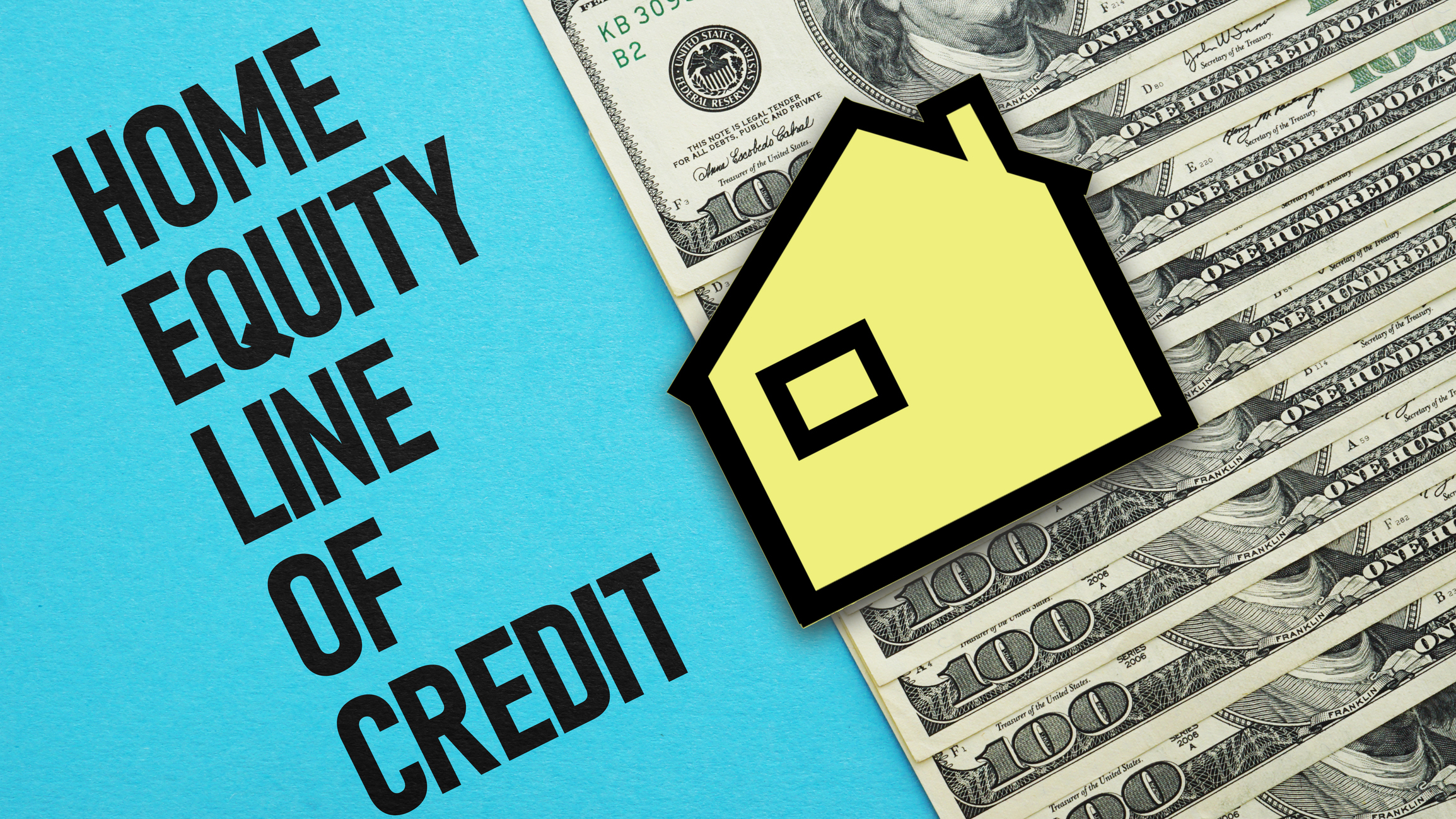When Renting Is Smarter Than Buying
There are some situations when renting is smarter than buying. You're not necessarily throwing your money away when you rent.

Collette Reitz

Profit and prosper with the best of Kiplinger's advice on investing, taxes, retirement, personal finance and much more. Delivered daily. Enter your email in the box and click Sign Me Up.
You are now subscribed
Your newsletter sign-up was successful
Want to add more newsletters?

Delivered daily
Kiplinger Today
Profit and prosper with the best of Kiplinger's advice on investing, taxes, retirement, personal finance and much more delivered daily. Smart money moves start here.

Sent five days a week
Kiplinger A Step Ahead
Get practical help to make better financial decisions in your everyday life, from spending to savings on top deals.

Delivered daily
Kiplinger Closing Bell
Get today's biggest financial and investing headlines delivered to your inbox every day the U.S. stock market is open.

Sent twice a week
Kiplinger Adviser Intel
Financial pros across the country share best practices and fresh tactics to preserve and grow your wealth.

Delivered weekly
Kiplinger Tax Tips
Trim your federal and state tax bills with practical tax-planning and tax-cutting strategies.

Sent twice a week
Kiplinger Retirement Tips
Your twice-a-week guide to planning and enjoying a financially secure and richly rewarding retirement

Sent bimonthly.
Kiplinger Adviser Angle
Insights for advisers, wealth managers and other financial professionals.

Sent twice a week
Kiplinger Investing Weekly
Your twice-a-week roundup of promising stocks, funds, companies and industries you should consider, ones you should avoid, and why.

Sent weekly for six weeks
Kiplinger Invest for Retirement
Your step-by-step six-part series on how to invest for retirement, from devising a successful strategy to exactly which investments to choose.
I moved to Washington, D.C., in 2010, and I was perfectly happy as a renter. Neither of my apartments were luxurious. But in an expensive city with limited housing, I paid below market rate for my first place (my roommate and I had our own bedrooms, thanks to a makeshift wall). Later, when I wanted to live alone, I landed an underpriced studio in a rent-controlled building. But as more friends purchased shiny condos or casually speculated about future plans to buy, I wondered whether buying was something I should consider.
The nagging feeling that buying is something you should do is one big reason that millennials choose to buy, said Bill Nelson, a certified financial planner and founder of Pacesetter Planning near Boston. We've also been told that buying is an investment, and renting is "just throwing money away."
Adding up the costs. Many experts recommend buying only if you expect to park yourself there for at least five to seven years. What if you like your city and current situation but also have no idea where life will take you in the next five to seven years? Sometimes, "the most you can say is 'I plan to stay in the same spot, knowing everything about my circumstances, career and family today,'" said Jeff Tucker, an economist at home-price site Zillow.com.
From just $107.88 $24.99 for Kiplinger Personal Finance
Become a smarter, better informed investor. Subscribe from just $107.88 $24.99, plus get up to 4 Special Issues

Sign up for Kiplinger’s Free Newsletters
Profit and prosper with the best of expert advice on investing, taxes, retirement, personal finance and more - straight to your e-mail.
Profit and prosper with the best of expert advice - straight to your e-mail.
The costs are ever-changing (and usually rising), which can put buying a home out of reach for many potential homeowners. A 30-year fixed-rate mortgage loan has a 7.2% interest rate as of September 2023, and according to Kiplinger’s Economic Outlook, there’s no downward trend coming in the near future. Not only is the interest rate rising, but so are home costs. The median price of a home in the first quarter of 2023 was $416,100, according to the Federal Reserve Bank of St. Louis. That’s more than $100,000 higher than the median price of a home ($329,000) prior to COVID in January 2020.
An online rent-or-buy calculator, such as those from SmartAsset.com or Zillow, can run some quick calculations after you enter your location, rent, target home price, size of down payment and other factors.
Don't underestimate other costs associated with buying a home. Closing costs, including the appraisal fee and loan origination fee, typically cost 2% to 5% of the purchase price of the home. Increases in ongoing expenses such as property taxes can blindside new homeowners, says Nelson.
Eric Simonson, a CFP and owner of Abundo Wealth in Minneapolis, advises clients to plan on spending 1% of the home's value each year for maintenance and upkeep. Finally, if you put less than 20% down, you'll need to sink even more money into private mortgage insurance.
When Simonson speaks with clients who want to buy a home, he asks them how much they pay in rent and pulls up several properties where they would pay the equivalent after factoring in monthly mortgage payments, taxes, insurance and upkeep. "More often than not, they find they aren't getting such a bad deal renting, especially if they live in areas where the cost to purchase is very high," he says.
In some locations, renting can be cheaper than buying, depending on the size of your down payment and the length of time you stay in the home. Zillow found that renting beats buying in San Jose, San Francisco, Honolulu, Oakland, Seattle, Salt Lake City and Anaheim, assuming you put down 10% and stay in the home for five years. Even if buying comes out ahead, renting allows you the flexibility to make big life changes and affords you the time to save up for a down payment and the cash needed to cover up-front and regular expenses.
Renters could, on average, accumulate more wealth than homeowners if they invested the equivalent of a down payment plus the difference between a monthly mortgage payment and rent in a diversified portfolio, according to Eli Beracha, coauthor of a study on homeownership in the Journal of Housing Research. Most renters don't do this, and for most people, buying is a better financial choice in the long run. But don't rush. "I've never met with someone and said, 'The problem with your finances is that you bought a home way too late,'" says Nelson. "But I've seen plenty of people who have messed up their financial situation by buying a home too early."
Related Content
Profit and prosper with the best of Kiplinger's advice on investing, taxes, retirement, personal finance and much more. Delivered daily. Enter your email in the box and click Sign Me Up.

- Collette ReitzContributing Writer
-
 Quiz: Do You Know How to Avoid the "Medigap Trap?"
Quiz: Do You Know How to Avoid the "Medigap Trap?"Quiz Test your basic knowledge of the "Medigap Trap" in our quick quiz.
-
 5 Top Tax-Efficient Mutual Funds for Smarter Investing
5 Top Tax-Efficient Mutual Funds for Smarter InvestingMutual funds are many things, but "tax-friendly" usually isn't one of them. These are the exceptions.
-
 AI Sparks Existential Crisis for Software Stocks
AI Sparks Existential Crisis for Software StocksThe Kiplinger Letter Fears that SaaS subscription software could be rendered obsolete by artificial intelligence make investors jittery.
-
 How to Budget as a Couple Without Fighting About Money
How to Budget as a Couple Without Fighting About MoneyThese tips will help you get on the same page to achieve your financial goals, with minimal drama.
-
 Is the Housing Market's 'Lock-In Effect' Finally Starting to Ease?
Is the Housing Market's 'Lock-In Effect' Finally Starting to Ease?As mortgage rates stabilize and fewer owners hold ultra-low loans, the lock-in effect may be losing its grip.
-
 Mortgage Protection Insurance: What It Covers and When It Makes Sense
Mortgage Protection Insurance: What It Covers and When It Makes SenseHow mortgage protection insurance works, what it costs, and when it’s actually useful in a financial plan.
-
 What to Watch for When Refinancing Your Home Mortgage
What to Watch for When Refinancing Your Home MortgageA smart refinance can save you thousands, but only if you know how to avoid costly pitfalls, calculate true savings and choose the right loan for your goals.
-
 Builders Are Offering Big Mortgage Incentives — What Homebuyers Should Watch For
Builders Are Offering Big Mortgage Incentives — What Homebuyers Should Watch ForBuilder credits and below-market mortgage rates can ease affordability pressures, but the savings often come with trade-offs buyers should understand before signing.
-
 Trump Signals Plan to Ban Institutional Investors From Buying Single-Family Homes
Trump Signals Plan to Ban Institutional Investors From Buying Single-Family HomesThe president says the move could improve housing affordability. Here’s what the data show about investor ownership, recent buying trends and what it could mean for homebuyers.
-
 How Much Income You Really Need to Afford a $500,000 Home
How Much Income You Really Need to Afford a $500,000 HomeAs home prices increase, the income needed for a house is also climbing. We break down what you need to earn to afford a $500,000 home.
-
 How Much Would a $50,000 HELOC Cost Per Month?
How Much Would a $50,000 HELOC Cost Per Month?Thinking about tapping your home’s equity? Here’s what a $50,000 HELOC might cost you each month based on current rates.